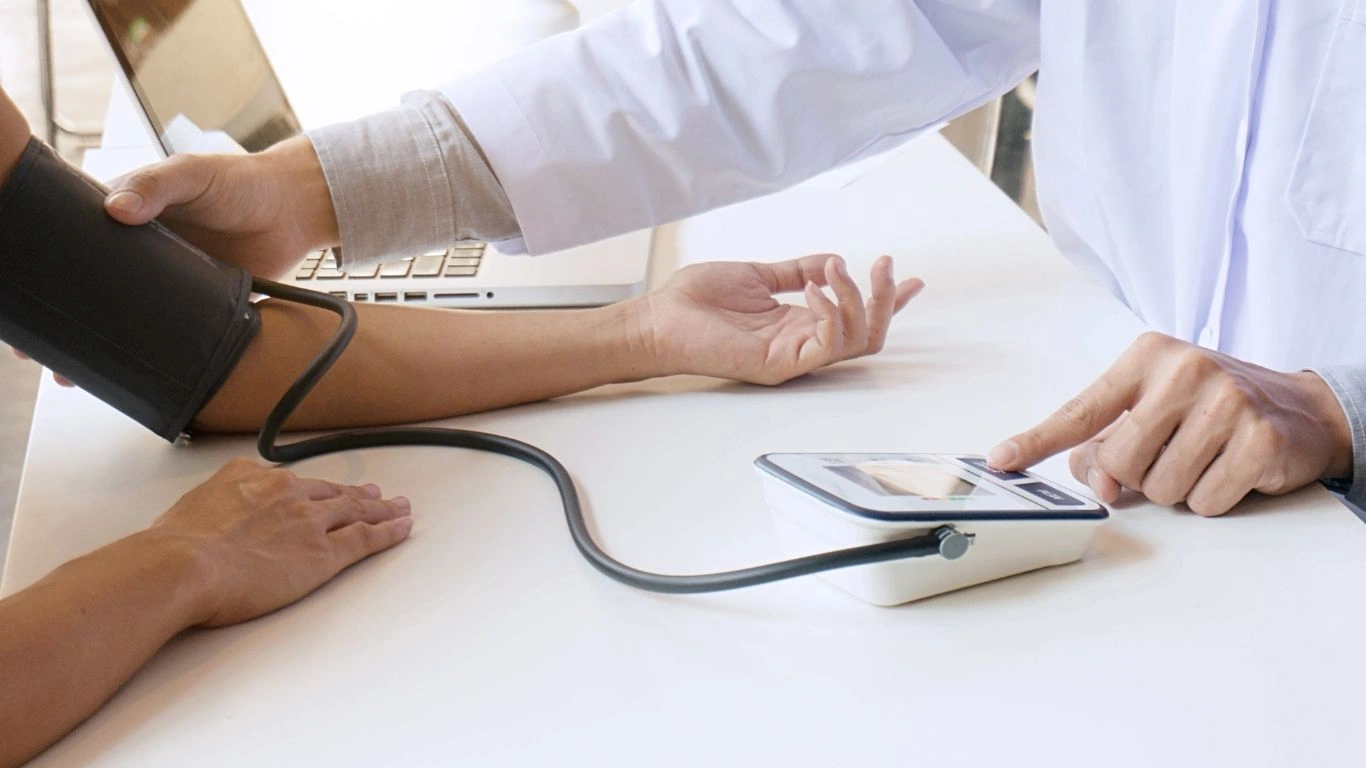Natural Herbs for Blood Pressure Regulation – A Comprehensive Guide
Looking for natural ways to manage your blood pressure? Dive into this guide to explore the best herbs for blood pressure regulation and how they can support your health!

Why Use Natural Herbs for Blood Pressure?
The idea of turning to herbs isn’t just trendy; it’s rooted in centuries of traditional medicine. Many herbs have properties that help relax blood vessels, improve circulation, or reduce stress—all of which are key to regulating blood pressure.
Some Benefits of Using Natural Herbs
- Fewer Side Effects: Compared to medications, herbs often have milder side effects (if any).
- Cost-Effective: Herbs can be a more affordable option.
- Versatile: They can be used in teas, cooking, or supplements.
- Complementary: Herbs can work alongside prescribed medications (with your doctor’s approval, of course).

Top Natural Herbs for Blood Pressure Regulation
1. Garlic
Garlic isn’t just for warding off vampires! It’s packed with allicin, which helps relax blood vessels and improve blood flow. Studies suggest it can lower both systolic and diastolic blood pressure levels.
How to Use:
- Add fresh garlic to your meals.
- Take garlic supplements (look for ones standardized for allicin content).
2. Hibiscus
Hibiscus tea is not only delicious but also loaded with antioxidants. It has diuretic properties that can help reduce blood pressure by eliminating excess sodium from your body.
How to Use:
- Brew hibiscus tea daily.
- Add honey or lemon for extra flavor.
3. Cinnamon
Cinnamon is more than just a spice for your morning oatmeal. It’s shown to lower blood pressure by relaxing blood vessels and improving insulin sensitivity.
How to Use:
- Sprinkle on cereals, smoothies, or coffee.
- Use in cooking for a sweet-savory twist.
4. Hawthorn
Hawthorn is a classic herb in traditional Chinese medicine for heart health. It’s known to dilate blood vessels and improve blood flow.
How to Use:
- Drink hawthorn tea.
- Take as a tincture or capsule.
5. Basil
Basil isn’t just for Italian dishes. It contains compounds like eugenol, which can act as a natural calcium channel blocker—helping to lower blood pressure.
How to Use:
- Add fresh basil to salads, pasta, or soups.
- Make a refreshing basil tea.
6. Flaxseed
Flaxseed is rich in omega-3 fatty acids and fiber, which contribute to better cardiovascular health and lower blood pressure.
How to Use:
- Add ground flaxseed to smoothies or yogurt.
- Use flaxseed oil in dressings.
7. Celery Seed
Celery seed is a diuretic, which means it helps your body eliminate extra fluid, reducing the strain on your blood vessels.
How to Use:
- Use as a spice in soups and stews.
- Brew as tea.
Tips for Using Herbs Safely
1. Consult Your Doctor
If you’re on blood pressure medication, talk to your doctor before adding herbs to your routine to avoid interactions.
2. Start Small
Introduce one herb at a time to monitor how your body reacts.
3. Use Quality Products
Choose reputable brands for supplements, teas, and tinctures to ensure purity and potency.
4. Stick to Recommended Doses
Overdoing it can sometimes cause unwanted side effects.
FAQs
- Can herbs replace blood pressure medication? Not usually. Herbs can complement medications but shouldn’t replace them without your doctor’s guidance.
- How long does it take for herbs to lower blood pressure? It varies. Some herbs, like garlic, may show effects within weeks, while others may take longer.
- Are herbal supplements safe for everyone? Not necessarily. Pregnant women, children, and people with certain medical conditions should use herbs with caution.
- Can I use multiple herbs at the same time? Yes, but introduce them gradually to avoid potential interactions or side effects.
- Where can I buy these herbs? You can find them at health food stores, online retailers, or even in your local grocery store.
References
- American Heart Association. (2023). Herbal Supplements and Heart Health. Read More
- National Institutes of Health (NIH). (2024). Complementary and Integrative Health. Read More
- Smith, J., & Patel, R. (2022). Herbal Medicine and Cardiovascular Wellness. Journal of Natural Medicine, 45(3), 200-215. Read More
Disclaimer
Disclaimer: This article is for informational purposes only and does not substitute for professional medical advice. Always consult your healthcare provider before starting any new treatment, especially if you’re on medication or have existing health conditions.

Dr. Gwenna Aazee is a board-certified Internal Medicine Physician with a special focus on hypertension management, chronic disease prevention, and patient education. With years of experience in both clinical practice and medical writing, she’s passionate about turning evidence-based medicine into accessible, actionable advice. Through her work at Healthusias.com, Dr. Aazee empowers readers to take charge of their health with confidence and clarity. Off the clock, she enjoys deep dives into nutrition research, long walks with her rescue pup, and simplifying medical jargon one article at a time.







